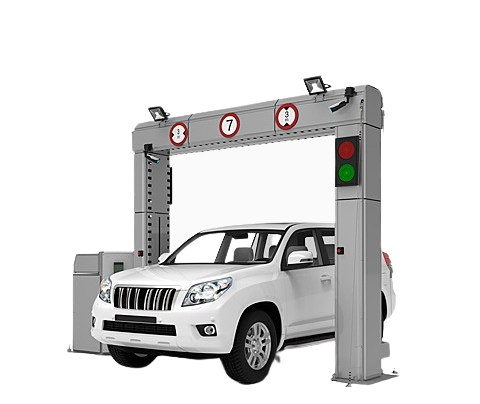Homeland Security
Homeland Security systems encompass a broad range of technologies and strategies designed to protect a nation's borders, infrastructure, and citizens from various threats, including terrorism, natural disasters, and other emergencies. Here are key components of Homeland Security systems.

Border Security (LAND & COSTAL Border).
Border security refers to measures and strategies implemented by nations to protect their land and coastal borders from unauthorized entry, illegal activities, and threats to national security. Here's an overview of border security focusing on both land and coastal borders.

Threat Detection and Prevention
Threat detection and prevention involve the identification, assessment, and mitigation of potential risks and dangers to individuals, organizations, infrastructure, and society at large.



Unmanned Aerial Vehicles (UAVs)
Unmanned Aerial Vehicles (UAVs), commonly known as drones, are aircraft that operate without an onboard human pilot. They are remotely controlled or can fly autonomously based on pre-programmed flight plans or dynamic inputs from operators. UAVs have diverse applications across military, commercial, and civilian sectors due to their versatility, agility, and cost-effectiveness.

Inspection Equipment's
Homeland Security systems encompass a broad range of technologies and strategies designed to protect a nation's borders, infrastructure, and citizens from various threats, including terrorism, natural disasters, and other emergencies. Here are key components of Homeland Security systems:

